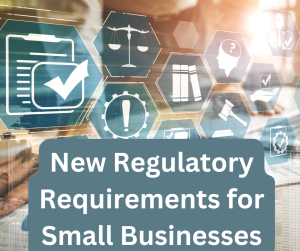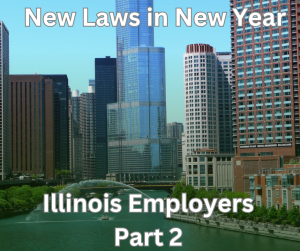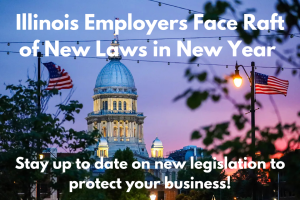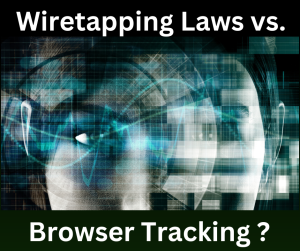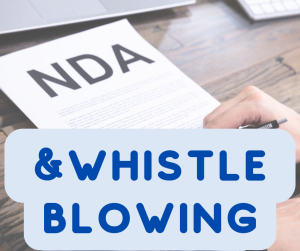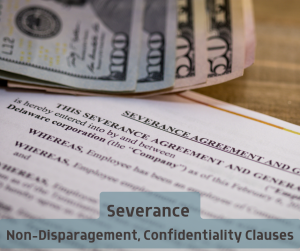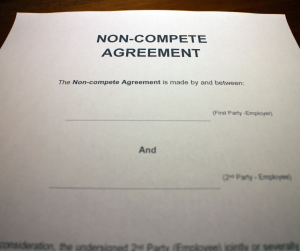What new regulatory requirements from the federal government on down are small businesses facing in 2025? In this first of a three-part series, we will cover some of them, related to changes in and current status of tax policy.
First of all, the new year brings with it new payroll tax limits. Perhaps the most notable is that the Social Security wage base jumped by nearly 4.5%, to $176,100 from $168,600. Most of the other increases were more modest, such as the 401(k) contribution limit rising from $23,000 to $23,500, or business mileage reimbursement going from 67 to 70 cents.
 Chicago Business Attorney Blog
Chicago Business Attorney Blog


